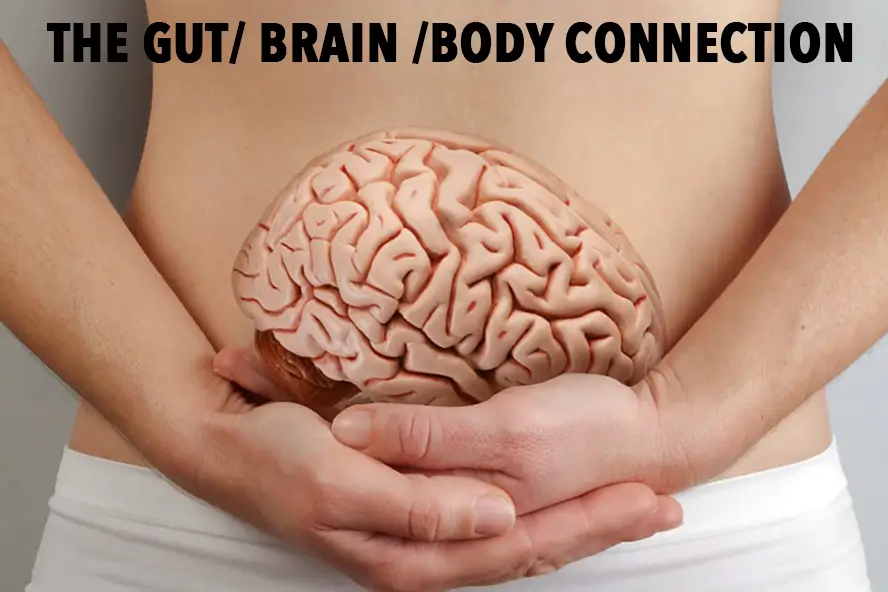
You may not realize it, but your gut health affects your whole body and brain. Your body suffers when your digestive tract is not functioning at its peak level. When your body doesn’t get the right amount or the wrong type of nutrients, it is not getting what it needs to function optimally. When your gut is not healthy, it can become more permeable, creating a condition called leaky gut.
The term leaky gut has gotten a lot of attention lately. As of right now, the medical community does not recognize leaky gut as a medical condition, but integrative practitioners recognize the importance of a healthy microbiome and health. When your digestive system is healthy and you have the right microbiome environment (gut flora), your intestinal wall has a barrier that lets the nutrients in foods pass through to the cells while keeping out the toxins, bad bacteria, and chemicals in foods and pushing them out of the body.
But what happens when there is an imbalance in the microbiome and you have an unhealthy gut? That barrier begins to develop cracks and holes that allow toxins, digested food, and bacteria to pass into the bloodstream. This, in turn, can trigger inflammation and changes in the gut flora leading to problems throughout the digestive tract and the body. Increased permeability is associated with conditions like:
Research is discovering that a leaky gut can also be associated with autoimmune diseases such as multiple sclerosis and type-1 diabetes and with conditions like allergies, asthma, obesity, and mental illness.
As more studies are being done on the leaky gut condition, researchers are linking an unhealthy microbiome to depression, anxiety, autism, and schizophrenia. Imbalances in the gut may also contribute to fatigue and brain fog (memory and focus). Science is beginning to confirm that what happens in the gut is connected to brain health.
Research is also indicating that therapeutic interventions to treat dysbiosis (gut imbalances) are improving conditions such as anxiety and depression in addition to improving mood. You might be asking what causes the gut microbiome to be dysfunctional. There are several variables that can trigger a “leaky gut.” Among them:
Although going to the doctor can help alleviate symptoms, an integrative (functional) practitioner will give you a thorough assessment to determine the root cause of the problem. In order to heal a poorly functional gut, the trigger or cause must be found and eliminated.
Natural Medicine and Integrative Medicine practitioners have been working on healing the gut to treat chronic conditions for ages. Other cultures also look at gut health and recommend special foods to help heal the gut.
Research on gut health and its relationship to the brain and the body is now coming to the forefront. What’s happening in your digestive tract affects your whole body. Your gut may contribute to a variety of factors, including autoimmune conditions and even brain function and mental health.
By healing your digestive system, you open up the door to better physical and mental health.
Keeping all this in mind, it will behoove you to consider that food is intimately involved in preserving a healthy gut, and when things go array, then it makes sense to think of food as medicine!



